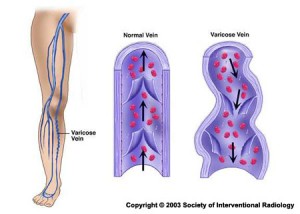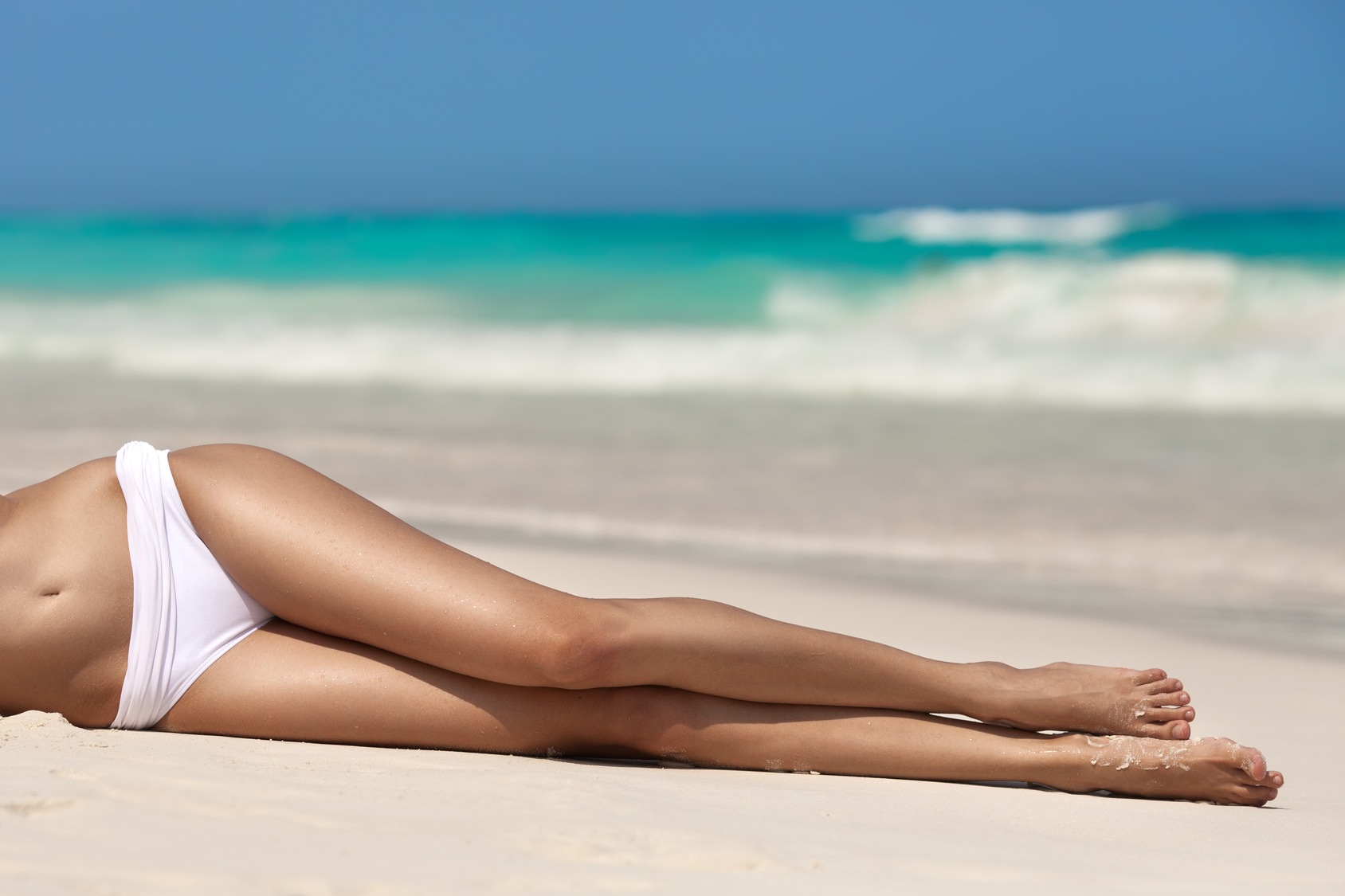Part of Dr. Jerry’s services for women’s health is treating Varicose Veins. When searching for treatment of Varicose Veins, you should first speak with a Vascular Specialist such as Dr. Jerry. Always have an Ultrasound performed before allowing any procedures to test for reflux disease, as further complications could arise if undetected.

Seeing a Vascular Specialist such as Dr. Jerry opposed to a cosmetic salon, could provide you with better solutions.
Call us for a consultation at 727-386-9981.
Varicose veins are twisted, enlarged veins near the surface of the skin. They are most common in the legs and ankles. They usually aren’t serious, but they can sometimes lead to other problems.
Varicose veins are caused by weakened valves and veins in your legs. Normally, one-way valves in your veins keep blood flowing from your legs up toward
your heart. When these valves do not work as they should, blood collects in your legs, and pressure builds up. The veins become weak, large, and twisted.
Varicose veins often run https://theaffordabledental.com/metformin-online/ in families. Aging also increases your risk.
Being overweight or pregnant or having a job where you must stand for long periods of time increases pressure on leg veins. This can lead to varicose veins.
Varicose veins look dark blue, swollen, and twisted under the skin. Some people do not have any symptoms.
Mild symptoms may include:
- Heaviness, burning, aching, tiredness, or pain in your legs. Symptoms may be worse after you stand or sit for long periods of time.
- Swelling in your feet and ankles.
- Itching over the vein.
More serious symptoms include:
- Leg swelling.
- Swelling and calf pain after you sit or stand for long periods of time.
Skin changes, such as:
- Color changes.
- Dry, thinned skin.
- Inflammation.
- Scaling.
- Open sores, or you may bleed after a minor injury.
Varicose veins are common and usually aren’t a sign of a serious problem. But in some cases, varicose veins can be a sign of a blockage in the deeper veins called deep vein thrombosis. If you have this problem, you may need treatment for it.
Your doctor will look at your legs and feet. Varicose veins are easy to see, especially when you stand up. Your doctor will check your legs for tender areas, swelling, skin color changes, sores, and other signs of skin breakdown.
You might need further tests if you plan to have treatment or if you have signs of a deep vein problem.
Home treatment may be all you need to ease your symptoms and keep the varicose veins from getting worse. You can:
- Wear compression stockings.
- Prop up (elevate) your legs.
- Avoid long periods of sitting or standing.
- Get plenty of exercise.
If you need treatment or you are concerned about how the veins look, your options may include:
- Sclerotherapy to close off the vein.
- Laser treatment to close off the vein.
- Radiofrequency treatment to close off the vein.
- Phlebectomy, or stab avulsion, to remove the vein.
Call 727-386-9981 to schedule your consultation
